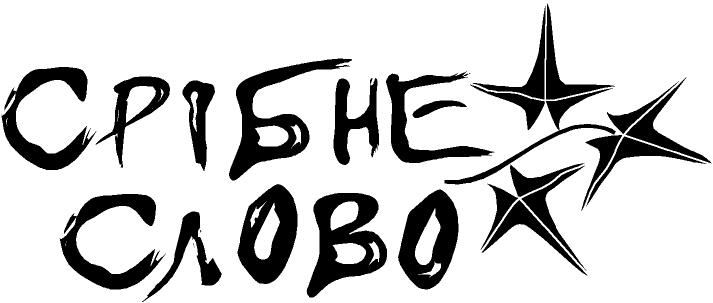УДК 658.562.012.7
Р. В. Шуляр
Національний університет “Львівська політехніка”
ІНСТРУМЕНТИ ОЦІНЮВАННЯ ЕФЕКТИВНОСТІ, ГНУЧКОСТІ
ТА АДАПТИВНОСТІ УПРАВЛІННЯ ЯКІСТЮ ПІДПРИЄМСТВ
© Шуляр Р. В., 2016
Досліджено сферу сучасних методичних підходів та розроблених інструментів з оцінювання ефективності систем управління (менеджменту) якістю підприємств. Обґрунтовано важливість коректного та комплексного оцінювання систем управління якістю для визначення гнучкості окремих методів управління якістю та адаптивності системи менеджменту якості на підприємствах. На засадах узагальнення наявних розробок з оцінювання систем управління якістю та з урахуванням результатів оцінювання діючих систем управління якістю на підприємствах запропоновано системний трирівневий підхід до оцінювання гнучкості методів управління якістю та адаптивності системи менеджменту якості підприємств.
Ключові слова: управління якістю, оцінювання ефективності системи якості, гнучкість методів управління якістю, адаптивність системи менедженту якості, оцінювання.
EVALUATING INSTRUMENTS OF EFFECTIVNESS,
FLEXIBILITY AND ADAPTATION OF ENTERPRISES
QUALITY MANAGEMENT
© Shular R., 2016
Еfficiency, flexibility and adaptability estimation of quality management. Contemporary methodological approaches and tools developed with the evaluation of the effectiveness of quality management systems are researched in the article. Proved the importance of correct evaluation of quality management systems to determine certain flexibility of management quality and adaptability of the QMS. On the basis of summarizing current developments assessment of QMS based on the results and evaluation of existing systems of quality management system is proposed three-tiered approach to the evaluation of quality management flexibility and adaptability quality management system.
The growth of interest in modern methods of quality management, high activity of international organizations who are developing standards for quality management systems, allow speaking about development of this area of management. Simultaneously with the development and emergence of novelties many questions arise concerning the effectiveness and efficiency of modern methods of quality management systems improvement. These characteristics of systems form among others the requirement to flexibility and adaptability of management systems, flexibility of quality management methods in the context of the implementation and application of international quality standards. The existence of the process of transition from mechanisms of revealed shortcomings in available procedures of quality systems to the mechanisms of these systems adaptability is known. That is, when signs of flexibility level reduction of QMS appear, when available and used techniques do not provide of appropriate flexibility in solving problems or support of the work from quality, the possibility of introducing or involvement of more flexible methods of quality management should be considered.
In other words flexibility is formed and defined by using specific methods, and adaptability – by the change of those methods by other more flexible, depending on the situation, methods and techniques of quality management. This article is directed on the study of relationship between flexibility and adaptability of quality management systems and international standards of quality.
The release of the official version of new ISO 9001: 2015 sparked a wave of publications with several reflections, opinions and expectations. The changes proposed in the new version of the standard, which its authors formulate as the most important for modern management system relate number of important components of the management of the organization. These changes are dictated by the large volume and depth of transformation that occurred in recent years in management. Transformations caused by several key factors, both internal and external, to which organizations, their management systems can answer only by the growing role of adaptability and flexibility of management. These features of management systems not only provide a response to the change of organization’s environment in the short term, but can provide its development in the long run.
Key words: quality management, evaluating the effectiveness of the quality, flexibility, quality management, adaptability assessment of QSM.
Література – 12



















